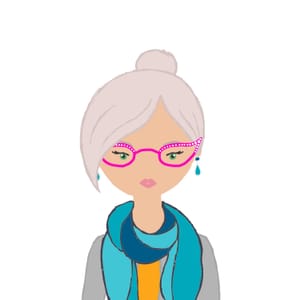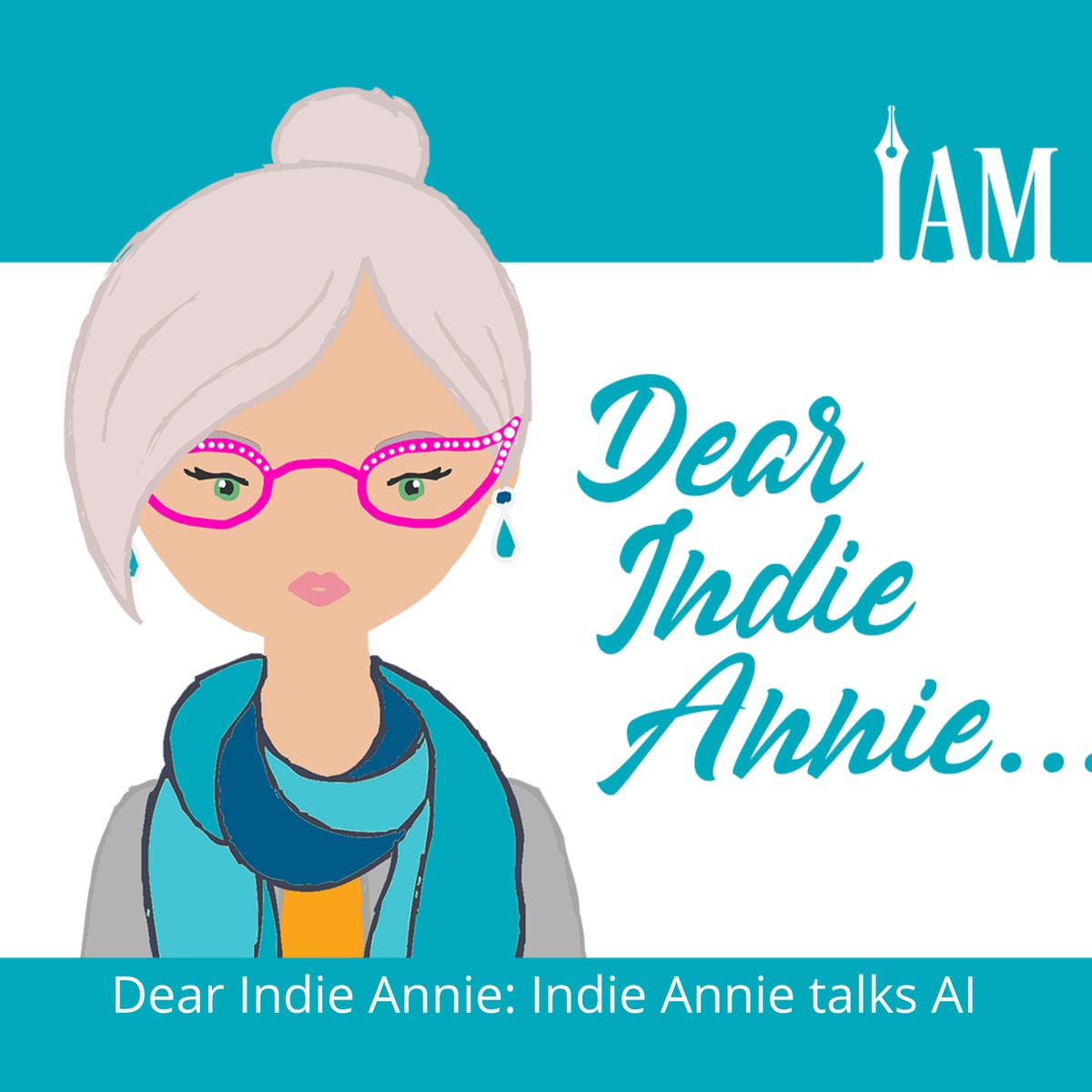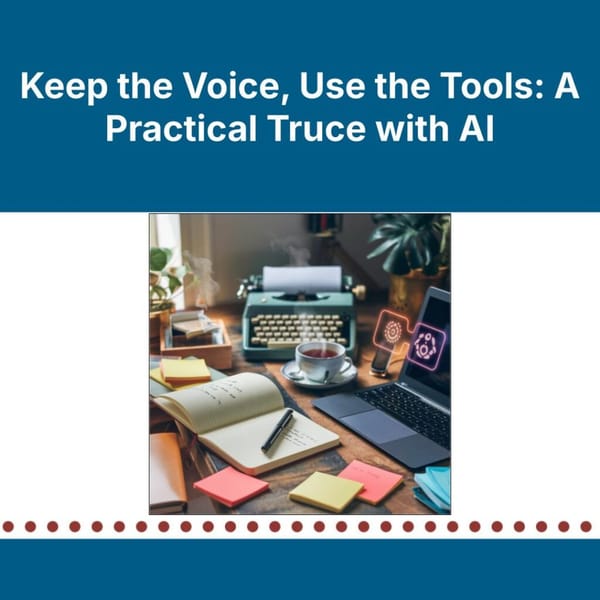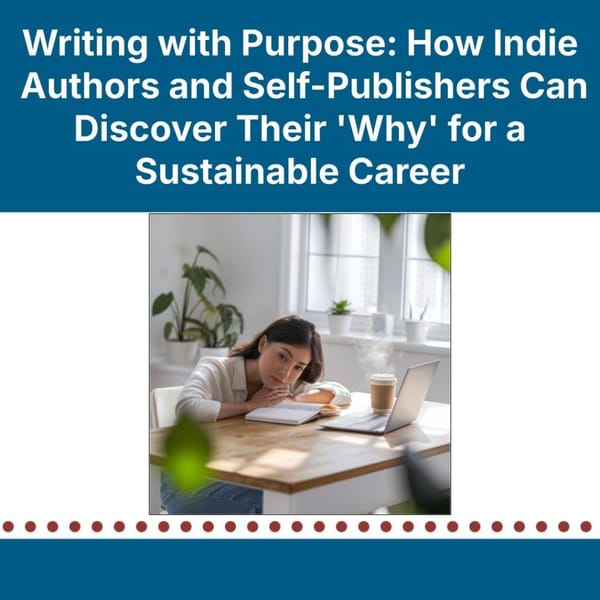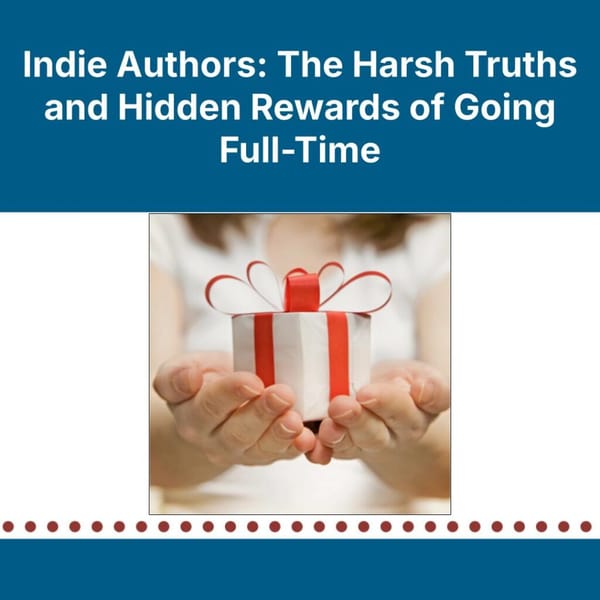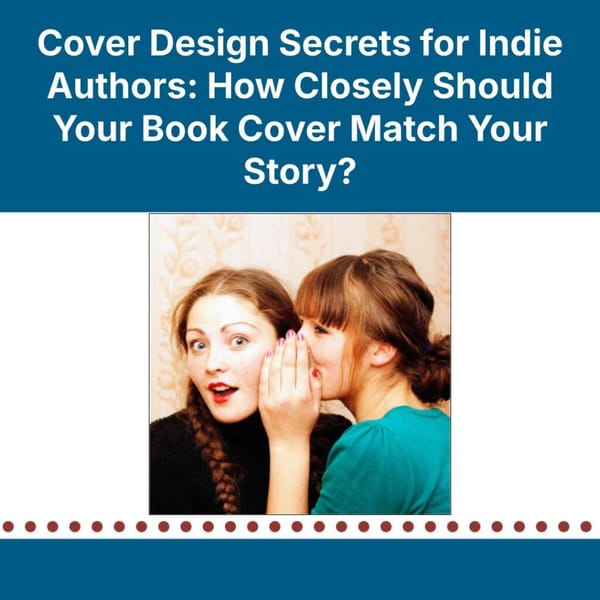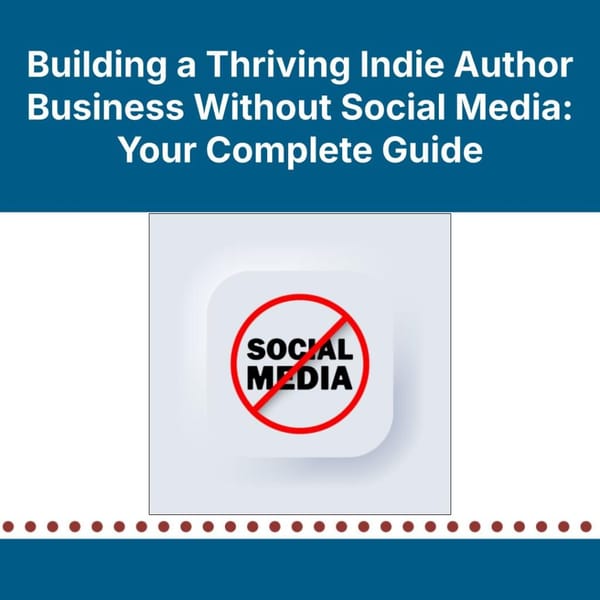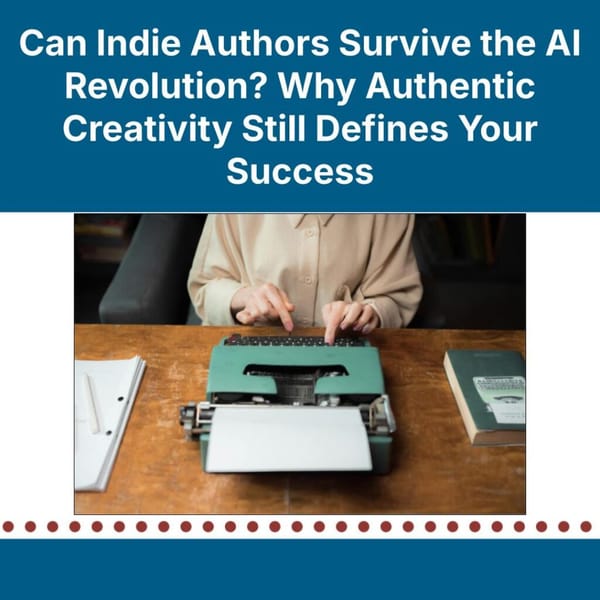Dear Indie Annie,
If I’m being honest, AI concerns me. I worry about its impact on the publishing industry and that it is taking jobs away from creatives. I also worry about the potential for plagiarism with what it creates. But I don’t want to turn it down outright. Are there ways I can use these programs ethically as an author?
Apprehensive about AI
Dear Apprehensive,
That’s a long and not very positive first name. Do you mind if I call you Appy?
Sweetheart, no offense, but you’re not a very “appy” bunny now, are you?
I understand your concerns; I really do. I mean, who is to say that my gorgeous colleagues at IAM haven’t run this response through a creative writing app? Maybe these beautiful words are actually the soulless outpourings of an online robot. After all, I am an avatar.
Or perhaps I was uncharacteristically lost for words and popped your question into an AI program for inspiration. I assure you I did no such thing. But, sweet Appy, would it really matter if I had?
Wasn’t it Bobby McFerrin who sang “Don’t Worry, Be Happy”? Wise words, indeed. As Mr. McFerrin stated, “When you worry, you make it double.” I put it to you. Would a bot have such wisdom and insight?
Whilst these terrifying algorithm-munching cyborgs may, on command, produce a witty ditty or a stunning image here and there, they do it at our behest. They take their inspiration from the digital world around them, a world that thousands of years of human creativity and innovation forged. And if you are worried that, using this inspiration, they will one day replace us creatives? Maybe they will. None of us own a reliable crystal ball with which to tell the future, but looking at how these things have played out in the past, I doubt it.
As for concerns about copyright and plagiarism, has there ever been a time when we haven’t borrowed ideas from those around us? Did the first cave person to spit terracotta pigment around their hand on the inside of a mountain worry about their technique being copied or improved upon by the generations that followed?
Copyright and plagiarism are modern concepts developed as we commercialized our art. And trust me, my dear, darling Appy, I believe plagiarizing lowlifes should compensate us if they steal our work. A time of reflection behind bars could also be desirable, arguably. As with all issues around copyright, that is an argument best left to those trained in the legal profession. I am a sassy columnist and would never venture near giving any form of legal advice.
I am certain, in time, the protectionist laws we trust to ensure we receive a fair reward for our hard work will catch up with the developments in AI. In the meantime, what can you do to protect yourself as an artist or a writer? Do what you do already.
Ensure you assert your rights online. Have your copyright on your website, published book copy, images, etc. Use full disclaimers where you have used AI. Credit any artist who has worked with or for you, and insist they do the same. Be wary of who you share unpublished work with. I could go on, but IAM has advised me they have given this entire magazine over to the pros and cons of AI, so I am sure these processes and protocols are covered more expertly elsewhere.
As to using these tools ethically, if you are not one of those plagiarizing lowlifes I mentioned above, what are you worried about? Consider how much AI you already use in your writing and your day-to-day life. Though I have not run this baby through a creative writing bot, I have run it through spelling and grammar programs. I have a couple I use all the time and love to watch them battle it out. Sometimes they disagree with each other and then I, the human creator—indeed, the ultimate word wizard—decide whose suggestion is right and whose alternative is to be cast into the fiery pit of digital oblivion.
And once those perfectly curated words are ready to flee my nest, the lovely Nicole, our editor in chief, edits them again before they are published, after which an AI voice speaks for me for those amongst us who prefer to listen rather than read. Isn’t the world of AI wonderful?
All innovations can be threatening. Change and progress usually are. The Luddites in nineteenth-century England famously broke the machines in their local factories, but the industrial revolution still happened. Those who adapted survived. Remember, dear Appy, there was a time when stories were told orally until someone invented writing. The printing press revolutionized the accessibility of those written words. E-books gave us a quick, global route to an audience of avid readers. Some prefer audiobooks, but many still prefer to hold a physical copy in their hands.
What never changes is that we humans love a good story. Bundle up all your worries and woes, and direct them into something compelling. Construct a great tale, and AI won’t bother you.
Happy writing,
Indie Annie x

